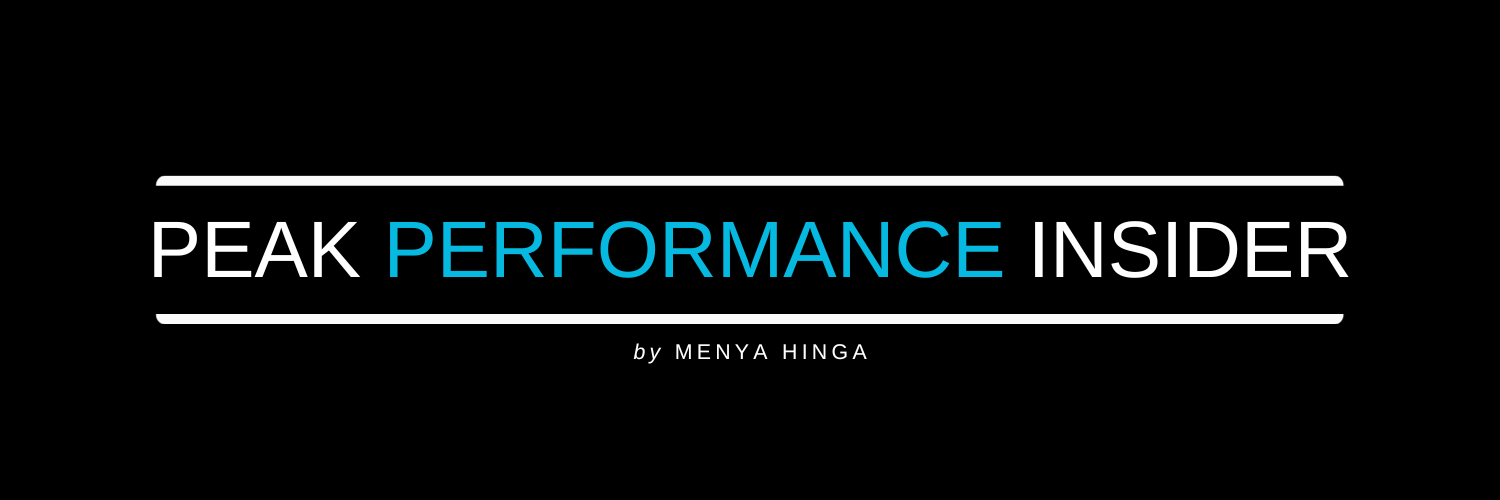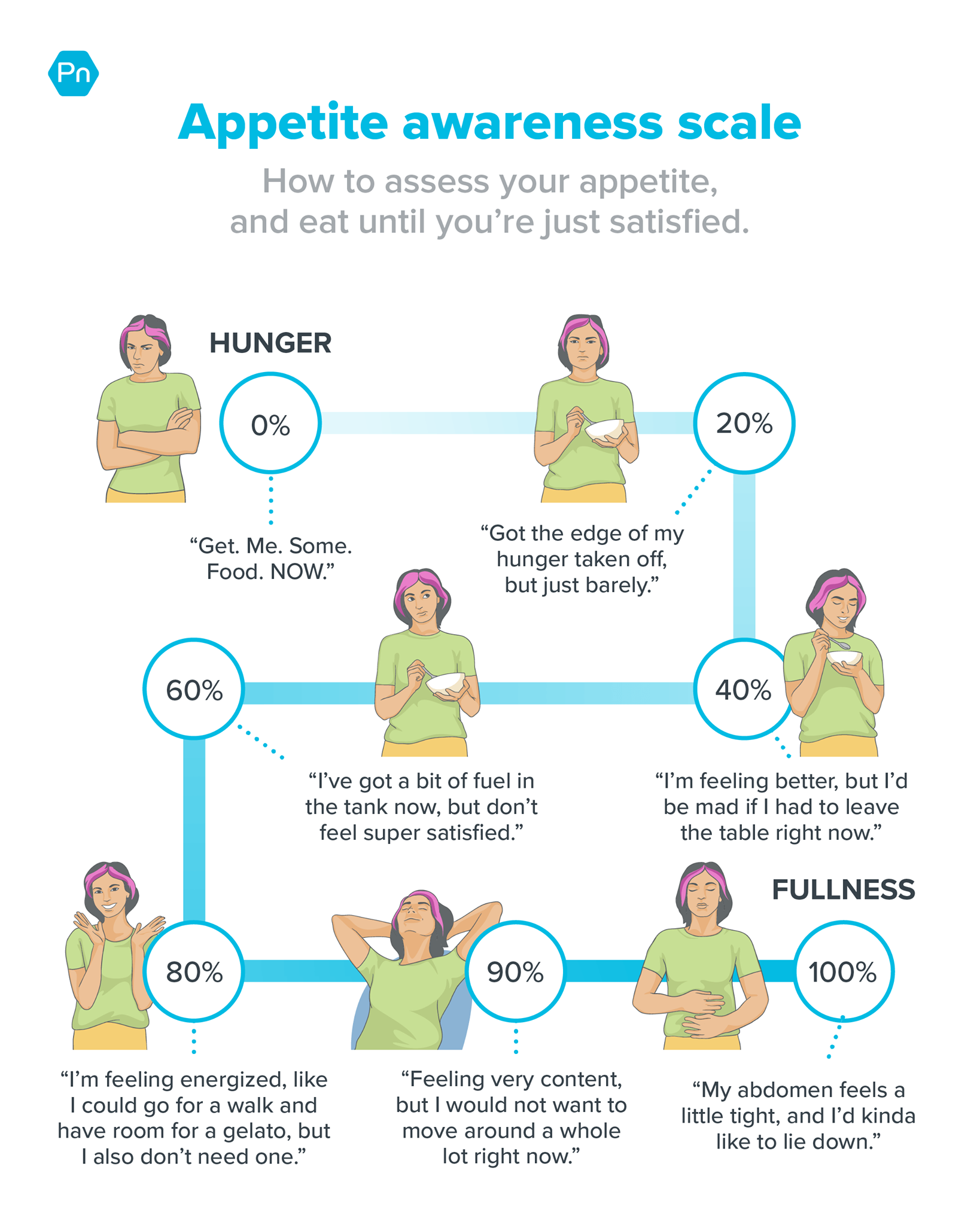Peak Performance Insider: How to master stress one step at a time and the ancient art of hara hachi bun me (腹八分目)
Estimated read time: 3 minutes
Let me start by saying thank you for all the great feedback you’ve given me about this newsletter.
It’s been helpful hearing your thoughts on the name, content, design, timing, and more.
This publication is a work in progress and I deeply appreciate you reading and sharing your thoughts.
I promise to continue making these short, meaningful, and engaging.
Now without any further ado…
The Peak Performance Insider:
1. How to master stress one step at a time
In the dynamic lives of working professionals, stress is inevitable.
It’s your body’s reflex to demands and challenges, whether in the office, during workouts, or in daily life.
This response, honed by the human body over millennia, can actually be beneficial in moderation.
For instance, the stress exerted on muscles during exercise promotes healthy growth and adaptation.
However, the unrelenting pace of contemporary life often leads to excessive stress, detrimental to both mental and physical health.
It can disrupt focus, increase irritability, and reduce productivity.
But there are constructive ways to manage stress:
- Minimize online and social media engagement
- Limit morning phone time
- Integrate meditation into your routine
- Embrace the outdoors, particularly on sunny days
- Practice mindful breathing, even at work
- Pursue a constructive hobby
- Focus on exercises enhancing flexibility and fitness
What You Can Do: Pick 1 strategy and start doing it daily.
You will be tempted to choose two or three, but that would be a mistake.
Choose 1, lock it down, then add another if you want to.
Living stress-free is an illusion, but controlling stress is a realistic goal.
The key is to regularly and proactively de-stress.
2. The ancient art of hara hachi bun me (腹八分目)
“Hara hachi bun me” may be the simplest yet most effective eating practice that has ever existed.
It means “eating until 80% full,” and this age-old wisdom aligns perfectly with the idea of mindful eating.
It’s a subtle yet powerful tool, particularly for those aiming at weight loss.
By stopping at 80% fullness, you can still enjoy satisfying meals while slightly reducing your calorie intake over time.
You might wonder, “How do I gauge 80% fullness?”
It’s more intuitive than it sounds:
It’s about tuning into your body’s signals and learning to recognize when you’re just right – not stuffed but not hungry.
The exact percentage doesn’t matter because the real benefit lies in slowing down, savoring food, and learning to understand your own hunger cues.
What You Can Do: Stop eating at 80% full.
Incorporating hara hachi bun me into your routine isn’t just about controlling portions.
It’s a step towards a more mindful, balanced way of life.
I hope this helps!
Food For Thought This Weekend
That which you do most will be that which you do best.— Dr. Jawanza Kunjufu
Consistently eating well, exercising, getting quality sleep, and managing stress are not just habits, but investments in your greatest asset – yourself.
And no matter how you manage your money, you are your greatest investment.
– Menya
When you’re ready, here are 3 ways I can help:
1. Download my free health and fitness guide. When you’re ready to tackle your fitness goals, this is definitely where you should start. It’s the same framework for achieving goals that I use with all of my clients. It also contains 6 habits of highly successful fitness people.
2. Are you an entrepreneur or busy professional who wants to get lean, boost energy, and perform better? Apply for private one on one coaching here.
3. Promote yourself to 2,000+ subscribers by sponsoring this newsletter. Contact me for details.

Refer High Performing Friends
Have friends who’d love this newsletter too?
Do them a favor and send them this link.



